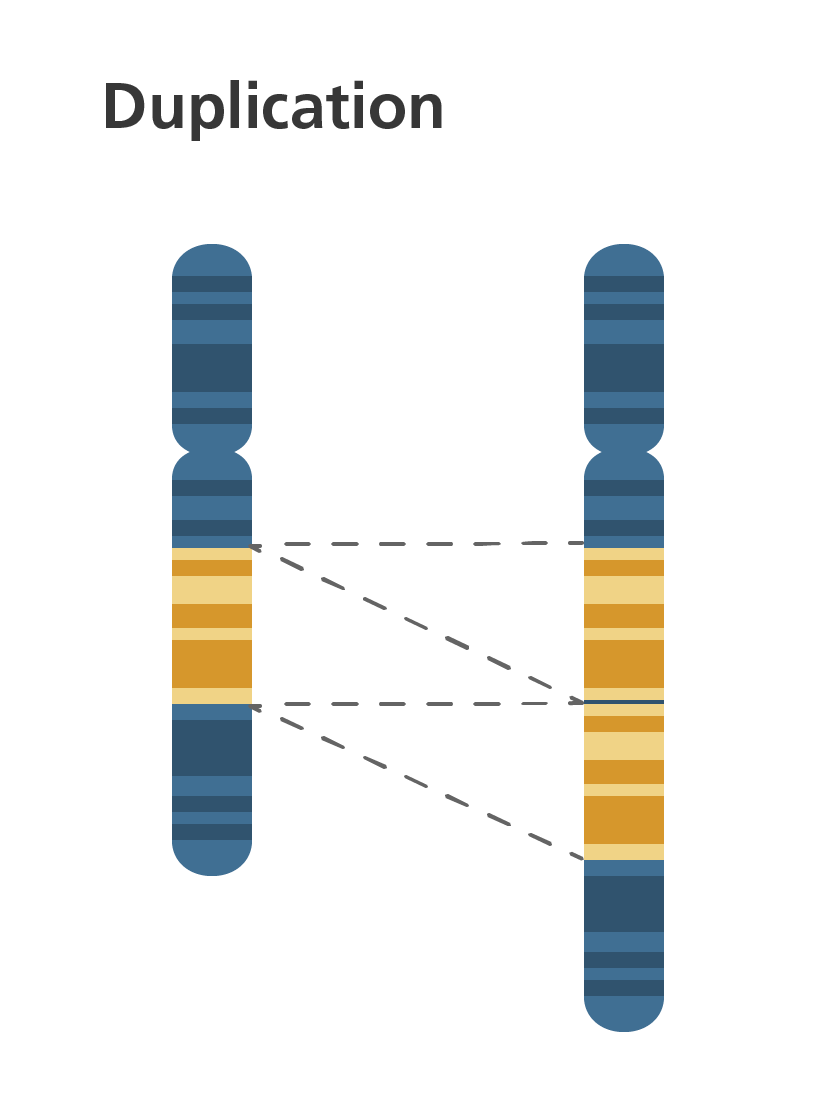
- This event has passed.
International Workshop on Constructive Neutral Evolution
2 March 2023 | 16 h 00 min - 20 h 30 min

International Workshop on Constructive Neutral Evolution
(hybrid format)
PhilInBioMed & ImmunoConcept, University of Bordeaux, France,
Organized by T. Pradeu
Schedule
4:00-4:30pm Anthony Poole, Using experimental evolution to test the origin of RNA editing via CNE
4:30-5:00pm Tyler Brunet, Overview of CNE & new ideas
5:00-5:30pm Ford Doolittle, CNE: the eukaryotic spliceosome as an example of accumulated “cellular bureaucracy”
5:30-6:00pm Alessandro Torri: The origin on RNA interference: adaptive or neutral evolution
6:00-:6:15pm Short break
6:15-6:45 Kerry Samerotte, The genotype-phenotype-phenotype-phenotype map
6:45-7:15 Jeremy Wideman, Lynchian considerations
7:15-8:00 General discussion: Will start with a few comments by Arlin Stoltzfus (10-15 min)
8:15pm Conference Dinner
Speakers
Tyler Brunet (Egenis, Exeter, UK) (in person)
Ford Doolittle (Dalhousie, Halifax, Canada) (Zoom)
Kerry Samerotte (Arizona State University, USA) (Zoom)
Jeremy Wideman (Arizona State University, USA) (Zoom)
Anthony Poole (University of Auckland, New Zealand) (Zoom)
Alessandro Torri (Paris, France) (in person)
Other participants
Bertrand Daignan-Fornier (CNRS & Univ. Bordeaux, genetics) (in person)
Thomas Pradeu (CNRS & Univ. Bordeaux, philosophy of science) (in person)
Sven Saupe (CNRS & Univ. Bordeaux, genetics) (in person)
Arlin Stoltzfus (IBBR, USA, data science) (Zoom)
Abstracts
Tyler Brunet, Overview of CNE & new ideas
In this talk I will define CNE by distinguishing it from pure neutral evolution, then offer a philosophical analysis that I have found helpful recently. This will analyse CNE into three conditions — Presuppression, Construction and Dependence — corresponding to three stages in typical CNE evolutionary narratives. I will then offer two brief applications of this analysis: (1) to cases of CNE at the organismal and ecological level, and (2) to the relation between CNE and function ascription.
Ford Doolittle, CNE: the eukaryotic spliceosome as an example of accumulated “cellular bureaucracy”
I will briefly say what CNE means to me, and then go through the eukaryotic spliceosome as an example, since it seems such a good case of irremediable complexity. I’ll rely heavily on Vosseberg and Snel’s 2017 paper in Biology Direct, with the occasional update.
Anthony Poole, Using experimental evolution to test the origin of RNA editing via CNE
RNA editing and RNA polymerase slippage both serve to alter the transcriptome prior to translation and have evolved on multiple occasions. It remains unclear exactly how these processes originate. One model that may explain their origin is Constructive Neutral Evolution (CNE). In this model, normally deleterious genomic changes may be fixed via genetic drift owing to the presence of a pre-existing enzymatic activity that corrects genomic errors prior to translation. The three steps to the model are: 1. emergence of an enzyme with the capability to alter RNA sequence relative to DNA, 2. appearance and fixation of mutations that may be deleterious in the absence of transcript alteration, 3. ongoing selection for the activity to mask the deleterious effects of genomic mutations now fixed in the population.
To test the CNE model, we have performed two sets of experiments. In one, we looked at whether intrinsic RNA polymerase slippage can mask mutations that appear in E. coli genomes subjected to genetic drift. Slippage is known to mask genome-level frameshift mutations in Buchnera via stochastic correction. In the other we created an E. coli strain that expresses PPR56, an editing enzyme from Physcomitrella patens. This enzyme deaminates C in mRNA. As this enzyme is not normally present in E. coli, its introduction mimics the initial emergence of an editing activity in an ancestor lineage. In both studies, we subjected ten mutator lines to serial bottlenecks, mimicking genetic drift, and sequenced the resulting lines. We find that, under conditions of genetic drift, frameshift mutations become fixed but are rescued by RNA polymerase slippage at homopolymeric tracts. Likewise, in our PPR56-expressing lines, we observe multiple nonsynonymous T-to-C mutations in coding regions that are subsequently corrected post-transcriptionally by C-to-U editing. Non-bottlenecked control lines do not show obvious evidence of either slippage or C-to-U editing. Our evolution experiments thus lend support to the CNE model for emergence of transcriptome level sequence alterations.
Alessandro Torri, The origin on RNA interference: adaptive or neutral evolution
The origin of RNA interference (RNAi) is usually explained by a defense-based hypothesis, in which RNAi evolved as a defense against transposable elements (TEs) and RNA viruses and was already present in the last eukaryotic common ancestor (LECA). However, since RNA antisense regulation and double-stranded RNAs (dsRNAs) are ancient and widespread phenomena, the origin of defensive RNAi should have occurred in parallel with its regulative functions to avoid imbalances in gene regulation. Thus, we propose a neutral evolutionary hypothesis for the origin of RNAi in which qualitative system drift from a prokaryotic antisense RNA gene regulation mechanism leads to the formation of RNAi through constructive neutral evolution (CNE). We argue that RNAi was already present in the ancestor of LECA before the need for a new defense system arose and that its presence helped to shape eukaryotic genomic architecture and stability.
Jeremy Wideman, Lynchian considerations
The idea of Constructive Neutral Evolution has been around for over 20 years. And yet, CNE has not gained traction with most evolutionary theorists or population geneticists. In this discussion, I will highlight the likely reasons CNE hasn’t been adopted by most theorists and articulate some paths towards integration.
